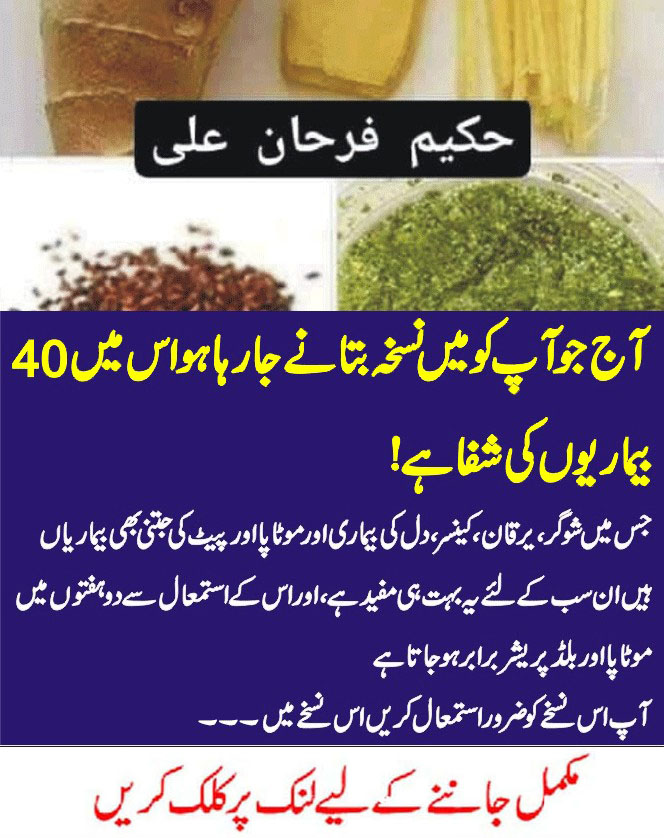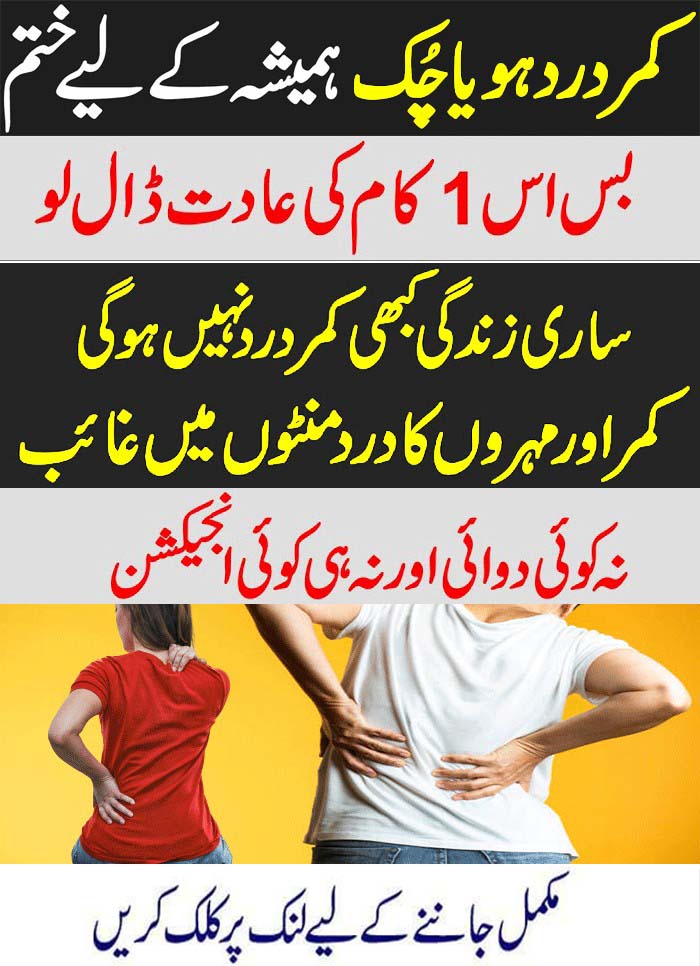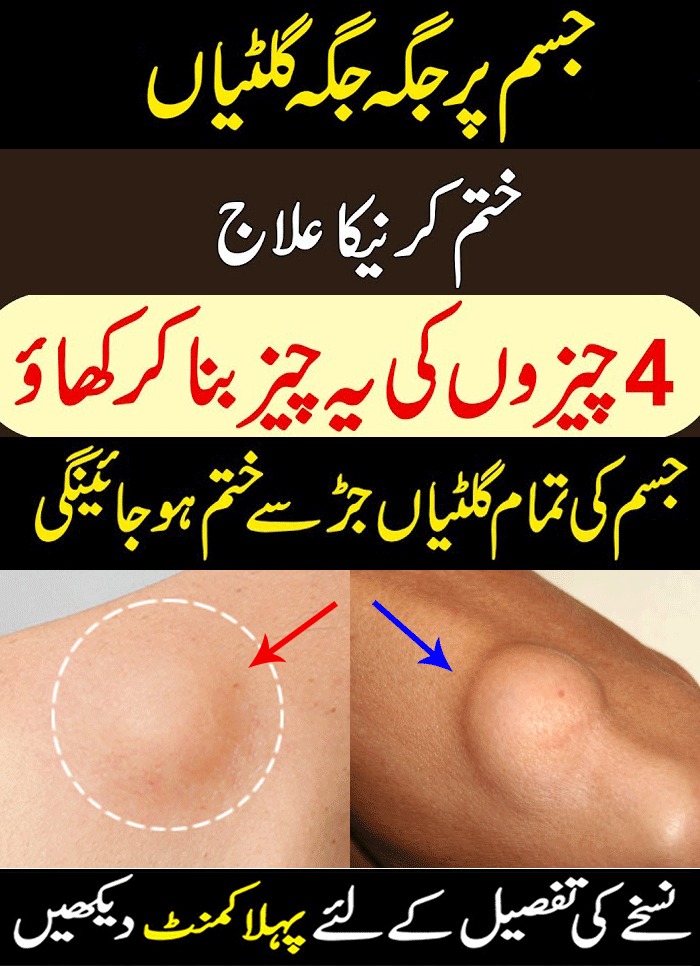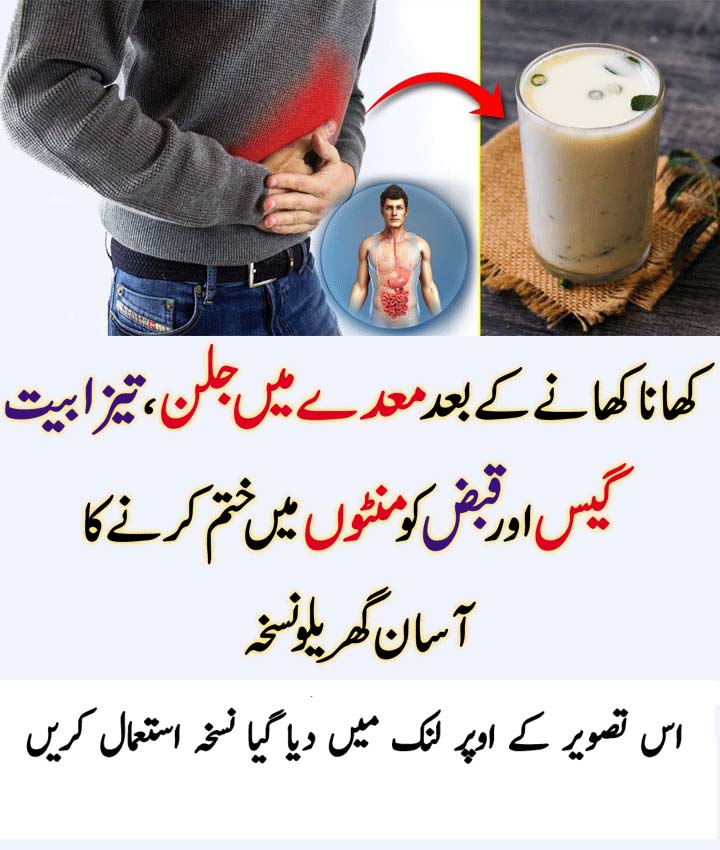High blood pressure – the medical term for which is hypertension – is thought to affect up to one in five adults in the UK. A major risk factor for heart disease and the major risk factor for stroke, high blood pressure clearly represents an important public health problem.
The conventional medical approach revolves around prescription drugs which are generally viewed as life-long treatments. However, a recent report published in the American Journal of Hypertension has challenged this concept. Here is Doctor. Essa telling home remedies for hypertension.
High Blood Pressure Treatment
Diabetes and High Blood Pressure Cause ‘Structural Changes’ in the Brain
High BP Treatment
Simple Step To Help Relieve Constipation and Haemorrhoids
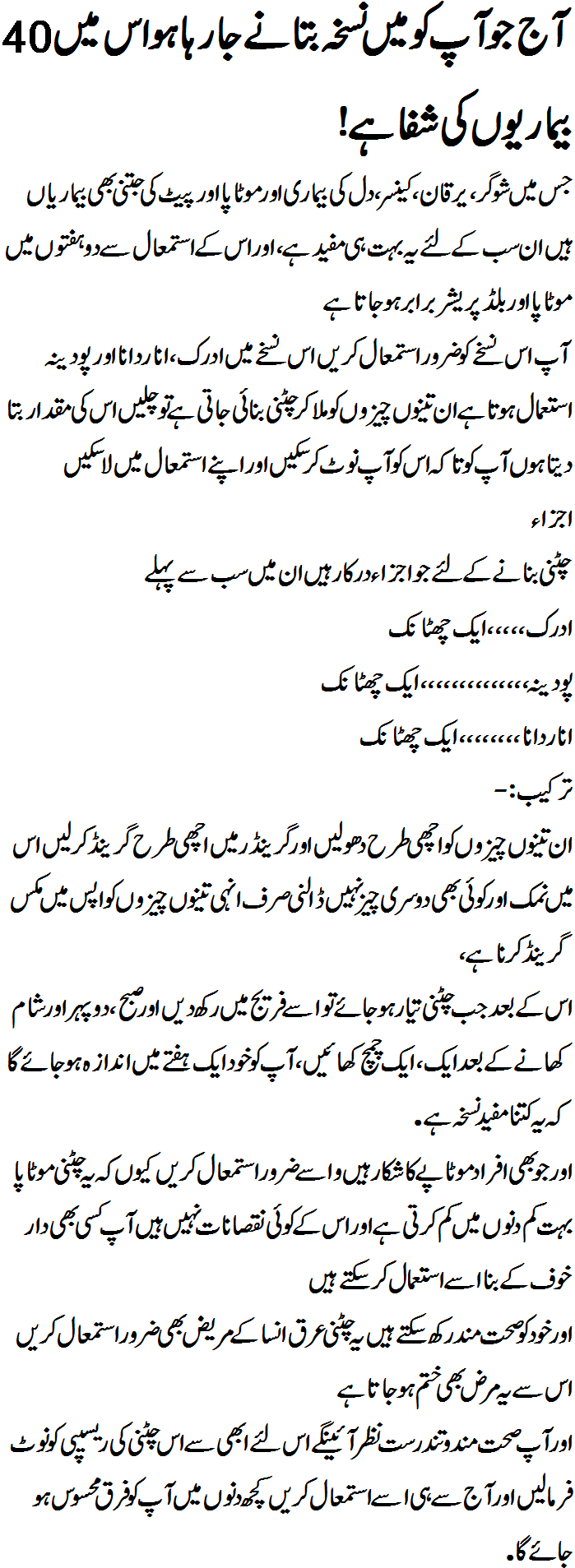
Researchers reviewing several studies found that individuals can often successfully withdraw from their blood pressure medication as long as positive lifestyle changes, such as weight loss and salt restriction, are made.
In fact, it is clear from the research that certain dietary and natural health approaches can often prove effective in controlling hypertension in the long term. This most recent research throws up exciting possibilities for individuals wishing to take a natural approach to blood-pressure control.
About 90 percent of people with high blood pressure are described as having what is known as ‘essential hypertension. This term is used to describe high blood pressure that does not seem to be related to any specific underlying factor, such as kidney disease or pregnancy.
Doctors have a bewildering array of medications to choose from to treat high blood pressure, including diuretics, beta-blockers, calcium channel blockers, and angiotensin-converting enzyme inhibitors. But however fancy the name, it is clear that a deficiency of one or more of these drugs is not the cause of high blood pressure. Plus, these medications very often have significant side effects.
The scientific literature clearly shows that blood pressure is intimately linked to lifestyle factors such as diet and exercise habits, and making healthy changes to these is often the key to controlling the condition without drugs.
One of the most important dietary factors is salt. One study published in The Lancet in 1989 found that individuals consuming 3-6g of salt each day had significantly lower blood pressure than those consuming 12g of salt a day.
Bearing in mind these findings, it is clear that individuals with high blood pressure might do well to avoid adding salt during cooking or at the table. Also, processed and packaged foods should be avoided, as these tend to be rich in salt.
Weight loss generally helps to reduce blood pressure. Rather than strict dieting, this is generally best achieved through a balanced, nutritious diet in conjunction with exercise. Exercise on its own help reduces blood pressure. Regular aerobic exercise – jogging, fast walking, swimming, cycling, rowing – for four weeks or more has been found to bring about significant reductions in blood pressure.
Other dietary interventions have also been found to be effective. In a study published in the Journal of the American Dietetic Association in 1999, the effect of three different diets on blood pressure was assessed.
They were a typical Western diet, a typical Western diet that was low in sugar and supplemented with fruits and vegetables, and a diet rich in fruits and vegetables, low-fat dairy products, nuts, and fiber, and low in fat, cholesterol, sugar, and meat.
People eating this last diet were found to experience dramatic drops in blood pressure, with some feeling the benefit in as little as two weeks. Several natural supplements have also been used with some success. One of the most effective is the mineral magnesium, and 350-500mg per day has been shown to reduce blood pressure significantly
